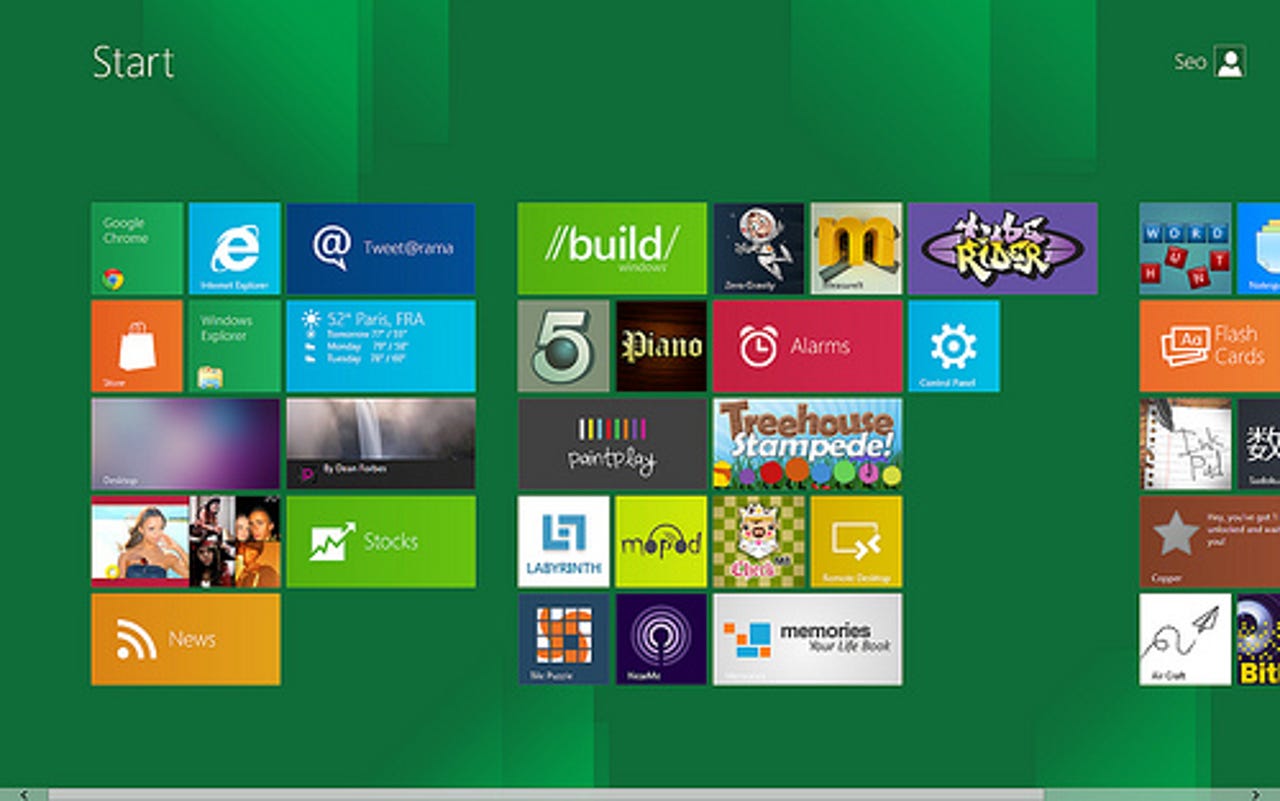Will the Windows App Store entice Apple's defecting developers?

Earlier this month, Microsoft began its attempt to lure and entice potential future developers in preparation for the opening of its long-awaited Windows Store.
Planning a late February launch, the technology giant wants to open its first application store for computers at the same time releasing its the next-generation Windows 8 operating system for public testing.

At a preview of the store in San Francisco, Windows Web Services vice-president Antoine Leblond said: "I think we are going to do great. The reach of Windows is absolutely huge and can't be matched."
Windows powers more than half a billion computers globally. But Microsoft is likely to have a hard time taking on heavyweights in the applications market, such as Google and Apple, and it may be a while before they acquire a contending percentage of the application market share.
The potential for customers is staggering when you consider how many people use Windows operating systems. When Windows 8 appears, Microsoft will have an estimated double the user base that iOS and Android currently own.
In the smartphone and tablet market, however, Microsoft is no contender for dominance. At least, currently.
There are several rather large incentives for developers to consider working with the new Microsoft platform.
The Android market allows anyone to set themselves up, but getting due recognition can be a difficult task.
In comparison, the Apple App Store is heavily monitored and packs a host of rules and regulations. With Microsoft's potential larger user base and transparent admission rules, it may become an attractive prospect.
A major feature that may seriously influence developers to abandon Apple application development is the proposed payment options set in place for potential Microsoft developers.
Where iProduct application transactions have to be processed and regulated via Apple in-house -- who takes 30 percent of any revenue generated by the applications -- the Windows Store platform will allow developers to have greater freedom in payment methods.
The Windows Store will allow developers to set their own prices, and support free applications that generate revenue through advertising. The price range permitted for apps will be between $1.49 and $999.99.
The revenue model that Microsoft plans to implement is a strong incentive and perhaps fairer version of what Apple currently offers its developer community.
Offering the same ratio as Apple -- a 70:30 split with the minority share going to Cupertino directly, after selling $25,000 worth of an application, the developer's share will increase to 80:20. Developers will also keep the full amount from in-application transactions.
The Windows Store will only host free applications when it first launches in February.
Related: